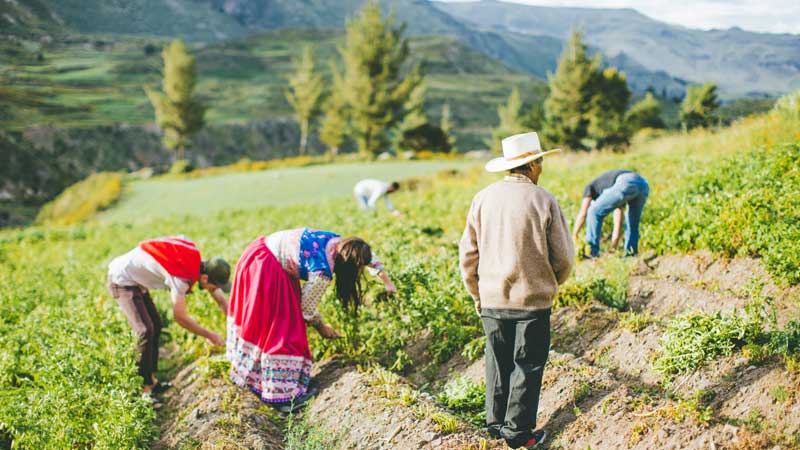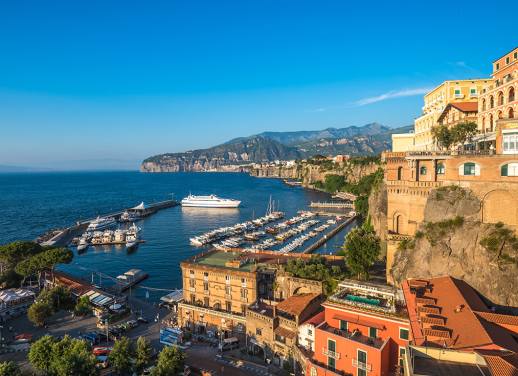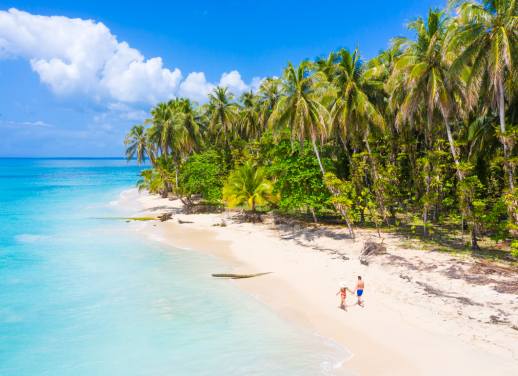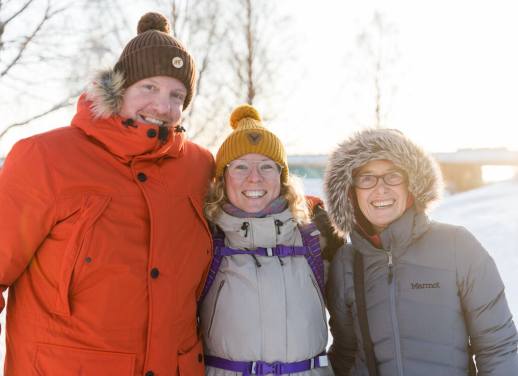There’s being a traveller, and there’s being a responsible traveller. As you’d imagine, there’s a big difference between the two.
From the way travellers interact with local people, to the way they behave and where they spend their money – there’s a lot to consider. That said, Responsible Travel isn’t hard. Most of it comes down to common sense, simply respecting different cultures and travelling equipped with a head full of sustainable street-smarts. In order to preserve our world’s stunning landscapes, fascinating cultures and far-flung treasures, responsible travel needs to be a buzzword for anyone planning an overseas adventure.
Here are six basic rules pulled straight from the RT manifesto.
1. Buy local
By choosing to invest your money in local services – be it a restaurant, café, bar, or laundromat – you are putting money directly into the local economy. If you eat at Maccas every day, the locally run businesses suffer whilst Ronald McDonald gets richer. Its smart-shopping 101: by buying local, you’re directly supporting the country you’re visiting. It’s that simple.
2. Resist the beggars
Seeing people fighting poverty in any country, whether first or third world, is heartbreaking. Travellers can often feel overwhelmed by the terrible conditions some people – especially children – live in, and feel a sense of guilt about their relative comfort. As hard as it may be, it’s important to remember that you shouldn’t give to beggars in the street as this can inversely impact the local people. In some cases, children skip school or are forced out by their parents, and are even deliberately maimed or drugged to increase their earning capacity as beggars.
An alternative is to give of your ‘self’, rather than your ‘wealth’ – share a joke or a meal, start a conversation, take a photo or play a game. The same goes for orphanage tourism – a practice that often does more harm than good.
3. Respect the people
Meeting and interacting meaningfully with the local people and experiencing foreign cultures are often the most memorable highlights of a holiday. Inevitably, your trip will provide opportunities for you to mingle with the locals, and just as at home, respect, consideration and an open mind are needed for interactions to be mutually enjoyable. As curious as you may find the locals, don’t be surprised if they’re equally as intrigued by you. Follow the local customs, dress appropriately, don’t stereotype a culture from one bad experience, keep an open mind and you’ll have a much more mutually enjoyable experience.
4. Shoot smart
Whether you’re packing a smartphone or a digital SLR, you can’t just go around snapping whomever and whatever you like. You should ask before taking someone else’s photo – often just raising your camera with a questioning look will suffice. You should also refrain from giving locals money for their photographs as it becomes another form of begging. Again, talking to them and learning about their life can result in a much better experience for you both, as well as a much better photograph. If travelling as part of a group tour, perhaps promise to send them a copy of the photo – as long as you follow through. Your tour leader may be able to assist with this by dropping off the photo next time they pass through.
READ MORE: TIPS FOR CAPTURING PHOTOGRAPHS OF LOCAL PEOPLE
5. Stick to the trails
Travelling off the beaten track is one thing to say, but another to put into practice. When following trails it’s important to do just that as closely as you can. Wandering off the designated path leads to more erosion and quite literally leaves a bigger footprint on a country. If you’re walking where there are no tracks, be sure to spread out so the group’s impact is averaged over the area. Tread lightly and watch your step – some flora takes years to grow back from a misplaced hiking boot. And obviously, don’t drop litter anywhere.
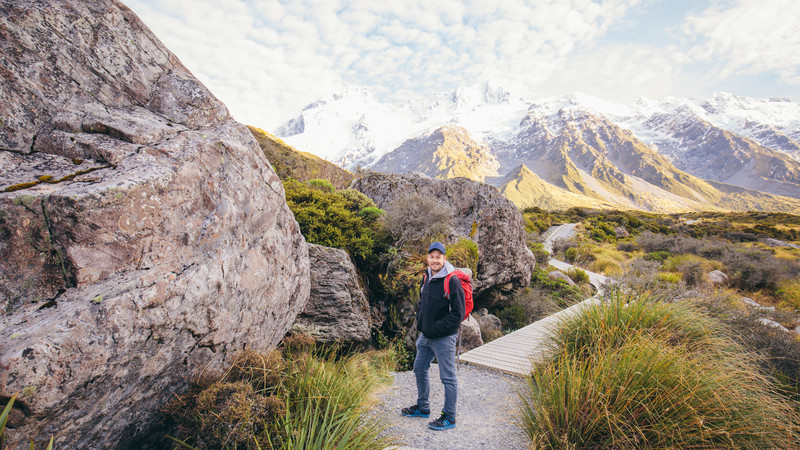
6. Take out the trash
Plastics and other products that aren’t biodegradable have only been introduced to some developed countries in the last few decades. Up until then, almost all waste was recyclable. Because of this fast shift – which tourism helped consolidated – locals in some areas still don’t have a full grasp on the negative impact of unfettered littering. A lot of developing countries still don’t have official waste disposal systems in place which adds to the complexity of the problem.
As well as ensuring you dispose of your litter responsibly, countries would benefit greatly from you doing all you can to take your non-biodegradables home with on. On top of this, you should endeavour to collect any rubbish left my others – taking extra steps such as this are at the crux of responsible tourism.
If you want to learn more about responsible travel, check out our website or read our other posts about responsible travel in Croatia. Intrepid is committed to helping the places it visits, as well as giving back to local communities through our not-for-profit, The Intrepid Foundation.
Feature image c/o Marianna Jamadi

